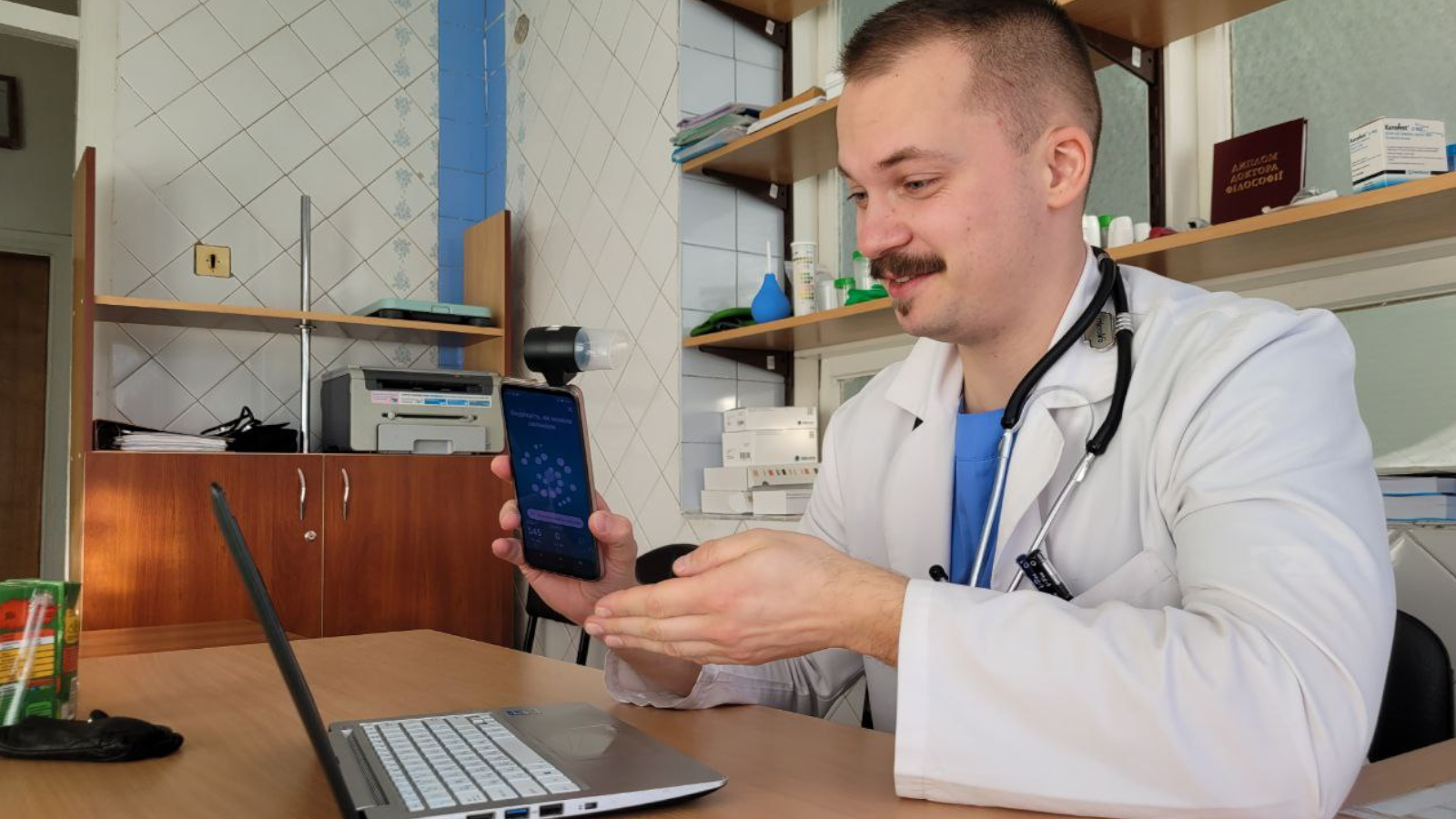
Improving alcohol and other drug services requires more than new interventions, it demands a deep understanding of the complex systems in which these services operate. Implementation science and systems thinking offer powerful, complementary approaches to support innovation in this space.
By identifying the factors that influence the uptake, adaptation, and sustainability of evidence-based practices, implementation science provides tools to tailor solutions to real-world contexts.
Systems thinking complements this by examining how components of the service ecosystem (policies, organisations, and frontline behaviours) interact, enabling the design of interventions that align with, rather than resist, the dynamics of local systems.
Presented here are examples of DigitAS projects grounded in these approaches.
-

Telemedicine-delivered medication for opioid use disorder (TMOUD)
Working with service providers across the US, Canada, UK, and Ireland, we co-developed a process- and service-focused model for the implementation Telemedicine-mediated Medication Assisted Treatment for Opioid Use Disorder…
-

Substance Use and Mental Health Interventions using Digital Technology (SUMIT)
A €6.8 million project utilising digital healthcare to transform support for people living with substance use and mental health challenges across the Republic of Ireland, Northern Ireland, and Scotland. DigitAS is leading on the application of implementation science to this cross-border project.
-

Global perspectives on telemedicine-enabled medication for opioid use disorder
In partnership with the International Society of Addiction Medicine, DigitAS conducted the first global survey of addiction experts explore implementation of telemedicine in opioid use disorder, identifying key barriers and facilitators across diverse economic contexts. Our findings reveal that while TMOUD uptake surged during the COVID-19 pandemic, access remains inequitable…
-

Increasing opioid treatment engagement through online consultations
Funded by the Scottish Government’s Digital Lifelines Initiative and ministerial Drug Deaths Taskforce, this 20-month project explored clinical and care elements that enhance the therapeutic relationship and potential sources of risk…
-

Telemedicine for opioid use disorder risk management framework
Telemedicine offers the potential to increase access to, and uptake of, treatment for opioid use disorder. Implementation and delivery require assessment and management of clinical risk. DigitAS have developed an evidence-based, six-domain risk management framework for telemedicine-enabled addiction treatment…
-

Digital Addiction Services (DADE)
Funded by the European Monitoring Centre for Drugs and Drug Addiction (now EUDA), this project aimed to produce a practical, treatment focussed typology of digital health interventions for drug addiction as well as systematic and rapid reviews to support evidence for these interventions.
-

Co-production in addiction treatment services
Co-production involves sharing power and decision-making between professionals and people who use(d) drugs and alcohol to ensure their services are acceptable and accessible. This scoping review described recent literature on co-production in addiction services, and identified examples of best practice.
-

Digital exclusion, homelessness, and opioid use disorder
People experiencing homelessness face significant barriers to accessing digital health services, including opioid use disorder care. Simply providing devices is insufficient; issues like mobility, privacy, distrust, and systemic inequities persist. Effective digital inclusion must go beyond access – embracing co-production, trust-building, and attention to power imbalances and lived realities.
-

Are addiction treatment services ready for big data and AI?
This project identified eight key challenges to the ethical and effective use of big data and AI in opioid use disorder treatment, including transparency, clinical validation, consent, trust, and digital bias. It calls on clinicians and policymakers to critically engage with these technologies to ensure equitable and meaningful implementation.
-

COVID-19 and Substance Use Disorders: Syndemic Responses to a Global Pandemic
Written during the height of the COVID-19 pandemic, this chapter explores the syndemic impacts on addiction, highlighting rising substance use and mental health challenges. It presents a systems-based framework for understanding addiction within wider social and structural contexts, advocating for multidisciplinary, future-focused responses to complex health crises.
